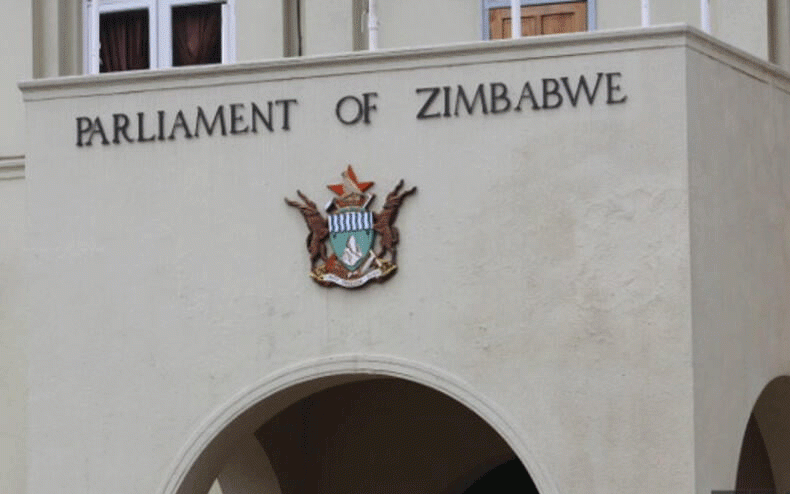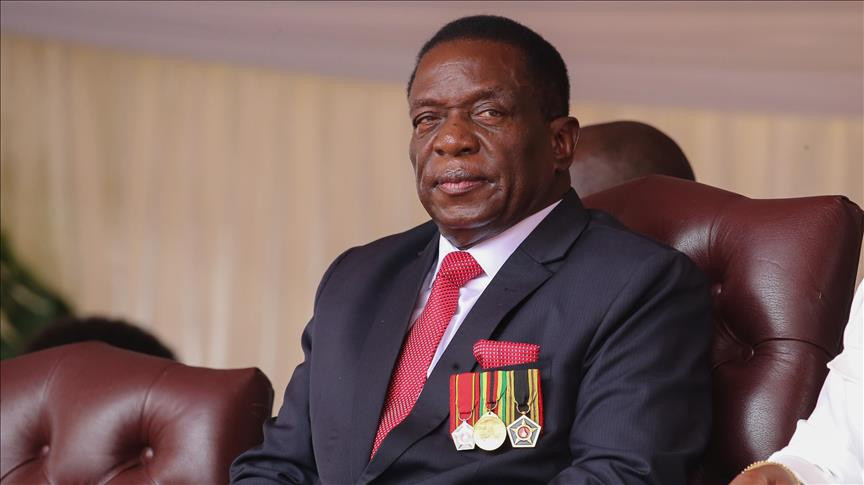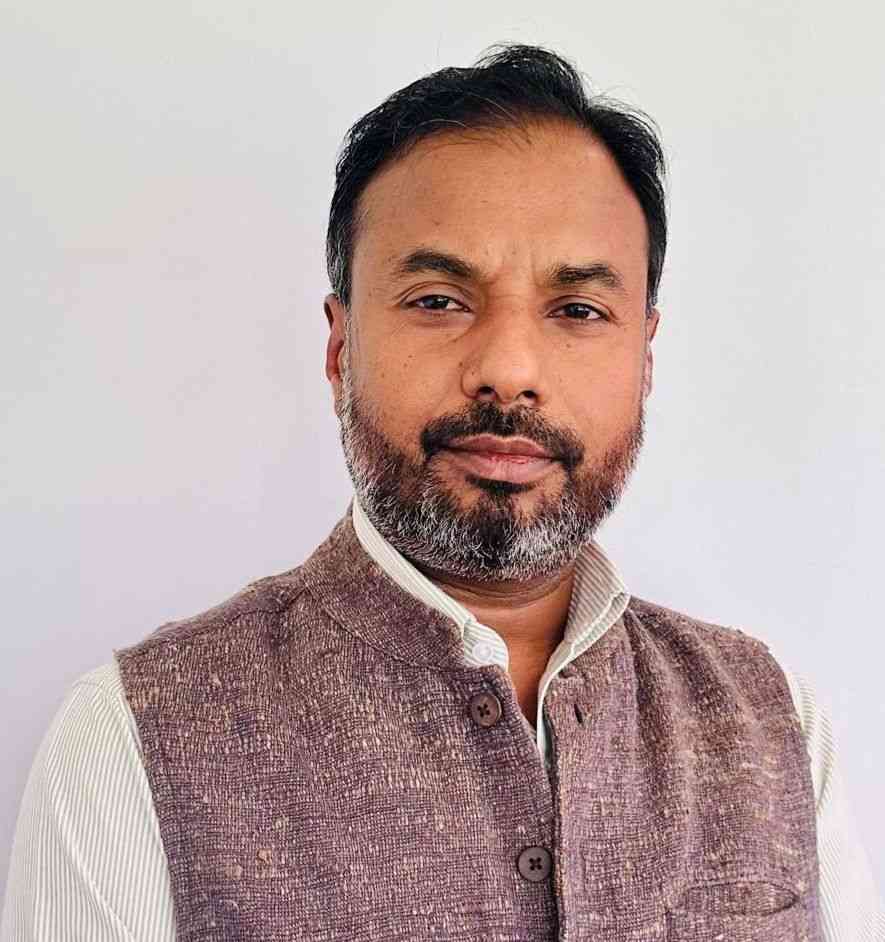
EXACTLY two years have passed since I wrote on the concerning realm of statutory instruments and their misuse as a means to bypass parliamentary scrutiny.
At the time I was hopeful that the President and his Cabinet would be properly advised that one simply cannot run the country through statutory instruments but alas here we are again.
What distinguishes the present situation from similar acts in the past is the government's unprecedented ability to surpass its own track record and achieve the unimaginable — amending the Constitution using a statutory instrument!
As early as 2019, our government was knee deep in its relentless fascination with enacting statutory instruments that were not brought before nor approved by Parliament.
Take for example the controversial Statutory Instrument 143 of 2019, purportedly amending the Criminal Procedure and Evidence Act.
Equally noteworthy was the enactment of SI 142 of 2019, also known as the Reserve Bank of Zimbabwe (Legal Tender) Regulations, which effectively altered the Finance Act to ban the use of foreign currency as legal tender.
Do you recall the bond note saga? It too commenced with the promulgation of Statutory Instrument 133 of 2016 that inserted section 44B in the Reserve Bank Act. Subsequently, the same Act underwent further amendments in 2019 through Statutory Instrument 33 of 2019.
In each instance mentioned above, the government sought to amend primary legislation using secondary means.
- Mavhunga puts DeMbare into Chibuku quarterfinals
- Bulls to charge into Zimbabwe gold stocks
- Ndiraya concerned as goals dry up
- Letters: How solar power is transforming African farms
Keep Reading
Such a practice is legally untenable since the Executive's role lies in implementing the law, not creating or amending it.
By resorting to statutory instruments, the government effectively usurps and bypasses legislative authority held by Parliament, passing decrees within the confines of Cabinet.
What this all means is that government is effectively ruling by decree or statutory instruments which our Constitution does not permit.
I argued then as I do now, that the Executive does not have the power to amend any primary statutory enactment (passed by Parliament) by using statutory instruments which we classify as subordinate legislation.
Sections 117 and 119 of the Constitution establish Parliament as the primary and supreme legislative body, entrusted with the enactment and amendment of laws.
It is important to note that Parliament may not wholly delegate its power — it may only delegate part of its power for the purposes of a specific Act. When doing so, S134 of the Constitution must be adhered to, to ensure that the subordinate laws are lawful.
In principle, all statutory instruments should follow the requirements found in S134 of the Constitution to be valid.
These requirements are: they must not infringe upon or restrict the rights and freedoms protected in the Declaration of Rights, align with the respective Acts of Parliament, specify the scope and limits of their power, adhere to principles and standards applicable to each instrument, be published in the Gazette to hold the force of law and be presented to the National Assembly following its Standing Orders and subjected to scrutiny by the Parliamentary Legal Committee.
To be considered lawful, statutory instruments must undergo parliamentary scrutiny. Government cannot govern by decree without the consent and authorisation of Parliament.
Our democratic system is not centred around Executive authority, at least not in principle.
It is a Constitution-centred democracy, where Parliament's primary law-making authority, encompassing the creation and amendment of legislation, must not be compromised.
Any attempt to amend an Act of Parliament through a statutory instrument by-passes parliamentary scrutiny and stands in direct violation of S134, rendering it constitutionally invalid.
Most recently, the government enacted what can only be described as a constitutional abomination: SI114 of 2023: Statute Law Compilation and Revision (Correction of Constitution of Zimbabwe Amendment No 2 Act 2021). Its basic thrust is to amend the Constitution.
In it, government brazenly states that ‘the Constitution of Zimbabwe (No. 2) Act, 2021, as gazetted on 7th May,2021, contained errors in provisions amending section 268 on Provincial and Metropolitan councils.’
Even if we assume that the government has legitimate objectives in pushing this, these ‘corrections’ must be done by the very body that made the supposed mistakes. It stands to reason that if the Executive did not have the power to make the mistake(s) it refers to, it does not have the power to correct that mistake. Government was therefore ill-advised in dishing out yet another decree especially when that decree has the consequence of amending the country’s most supreme law.
If the recent past is anything to go by then we can expect more gaffes or decrees in the run up to the much-anticipated August elections. This then requires all Zimbabweans regardless of age, political affiliation, and religion to remain vigilant and guard against the erosion of our Constitution.
In the weeks ahead, our focus will center on the impending elections, delving into the policies and laws that will shape their course. Every week, through our column "Ballot Brief," we will analyze key policy and legal matters pertaining to the elections, aiming to foster greater understanding and promote an informed electorate.
Until the next edition, stay safe and remember, we only have one Zimbabwe, and its success depends on us.
Paul Kaseke is a legal advisor, commentator, policy analyst and former law lecturer with the Wits Law School, Wits Business School. IIE MSA (formerly Monash South Africa) & Pearson Institute of Higher Education (formerly Midrand Graduate Institute). He currently lectures with Wits Plus — the part time studies’ unit at Wits. He serves as Senior Managing Partner and current Group Chair of AfriConsult Firm. He writes in his personal capacity. You can give him feedback via email: justsaying@paulkasekesnr.com or follow him on Twitter @paulkasekesnr.











